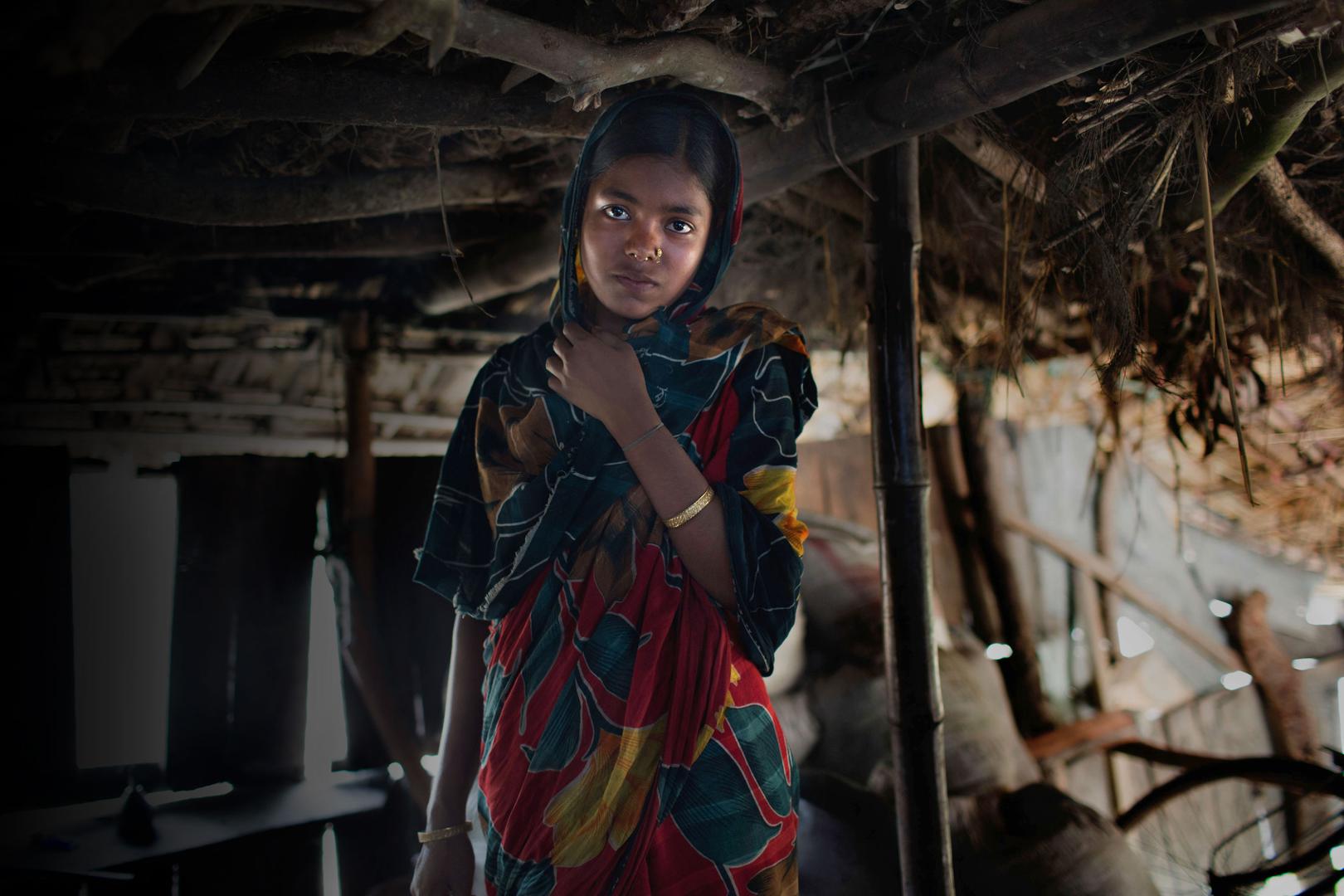“I had passed my exams and was admitted to join secondary school, but my father said I had to marry a 34-year-old man because he had paid dowry for me,” said Matilda, who married at 14. “My husband physically and sexually abused me.”
In Tanzania, 4 out of 10 girls, like Matilda, are married before their 18th birthday. While the government has taken important steps to combat child marriage, its archaic marriage law essentially permits marriage of girls.
October 11 is International Day of the Girl Child, a day to highlight abuses girls face around the world – a good time for Tanzania to reflect on the urgent steps needed to end child marriage.
Tanzania’s Marriage Act of 1971 sets the minimum marriage age for girls at 15 with parental consent, and at 18 for boys. It permits the marriage of 14-year-old children when a court is satisfied that special (but undefined) circumstances exist.
In a landmark decision in July this year, a Tanzanian High Court ruled these provisions unconstitutional following a petition filed by the Msichana Initiative, an organization advocating for girls’ right to education in Tanzania. However, the Tanzania government appealed the decision.
At the UN last month, Tanzania rejected recommendations to amend the Marriage Act, citing the pending appeal. On the other hand, its parliament just proposed a law that punishes any person who marries a school-going girl.
By permitting child marriages, the government of Tanzania is responsible for the serious harms suffered by girls, violating many human rights.
Ending child marriage requires a comprehensive response. Having a law that sets a uniform, internationally recognized minimum marriage age of 18 for both boys and girls is an important aspect.
Tanzania should stop sending mixed messages about its commitment to end child marriage. It should withdraw its appeal of the High Court ruling and review its Marriage Act. Doing so will send a strong message to girls like Matilda that their rights matter.










